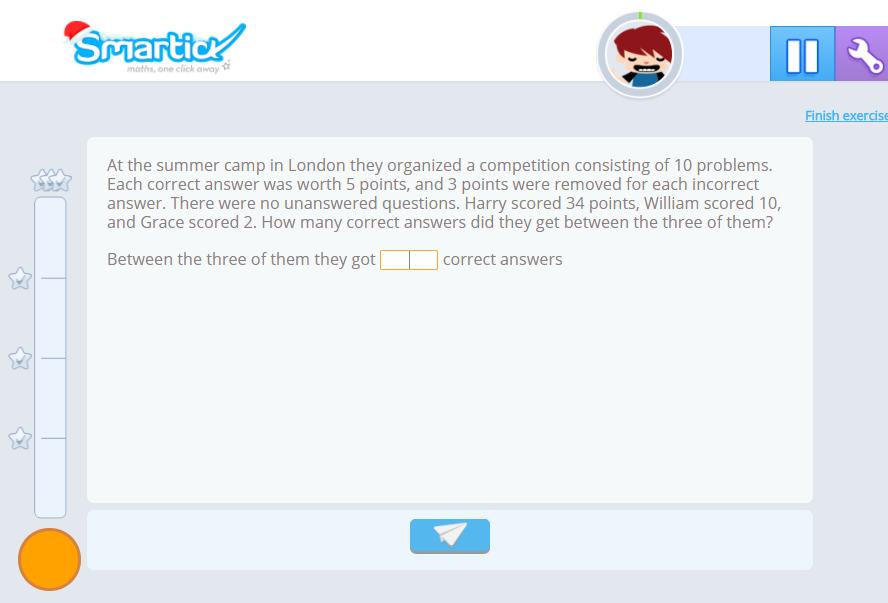In colloquial terms, we use the labels “gifted child”, “student with high abilities”, “child prodigy” or “gifted and talented” in an indifferent manner, but it’s important to know that there are many nuances that differentiate these terms.
First of all, when we refer to a person as someone with high abilities we’re talking about someone who demonstrates superior intellectual performance in a wide range of activities, who can learn any subject or area of knowledge easily. Fundamentally, this is because they offer a different way of facing and solving problems and tasks. Therefore, we’re talking about a qualitative characteristic, rather than quantitative, as we are when we rely solely on IQ measurements.
On the other hand, when we speak of someone with talent we’re referring to a person with skills more developed than the average of individuals of their age and social environment in a specific area. This group is where we find people with mathematical talent, but a development and level of performance comparable to the rest of people in their environment.
At Smartick, we deal with both situations through specific exercises designed to stimulate mathematical talent, and artificial intelligence that allows us to adapt the teaching and learning process to the particularities of each student. We can modify content, progress speed, and learning itinerary depending on the student’s performance in each session.
Smartick uses a specific training itinerary and plan to detect students with these characteristics and stimulate mathematical talent to aid their development. In logic sessions, the mathematical logic that fosters development in this area is worked on and developed. It is also detected and powered via the proposal of specific exercises at the end of some sessions. These take the form of bonus exercises in which students can earn extra ticks.
In this itinerary, however, the time taken to resolve the proposed exercises is not taken into account. This is because students with mathematical talent are able to solve mathematical problems without having to apply the algorithms or formulas used by an adult or person with a higher level of development and knowledge.
Let’s look at an example of one of the exercises used in Smartick to stimulate mathematical talent:

In this exercise, a person with a basic algebraic knowledge would design and solve 3 systems of equations with two unknowns, a simple solution that does not require great reflection on its resolution. Why? Because they have been taught which process to follow to solve this type of exercise.
However, a child without algebraic or theoretical knowledge of the procedure needed to solve this exercise would be able to do so by demonstrating their mathematical talent, putting their skills into practice with them being enhanced by a high level of logical reasoning. It is important to emphasize that this is a method that a talented student would employ, not one with high abilities, since the latter would use many other exceptionally developed skills.
For this reason, in order to support a student with these characteristics, and focus on the stimulation of their cognitive talent (which is part of their academic needs), we must make a great effort to understand their performance and prior knowledge, since for them a clue like: “think about how many unknowns there are and how they relate” would be useless. We must support them by giving concrete examples; such as:
The 34 points that Harry scored can only be the result of 8 correct and 2 incorrect answers, because there are only 10 answers in total. Look:
8 answers × 5 points for being correct + 2 incorrect answers × -3 points for being incorrect = 40 – 6 = 34 final points.
So now you know! If you want to discover or begin stimulating mathematical talent, don’t hesitate to check out Smartick.
Learn More:
- Smartick Logic Exercises with Operators
- Learning Logic: Children’s Favorite Smartick Sessions
- Smartick Improves Student Performance with Smartick Coding
- Word Problems: Levels of Difficulty in Mathematical Language
- Five Logic Exercises to Practice this Summer







